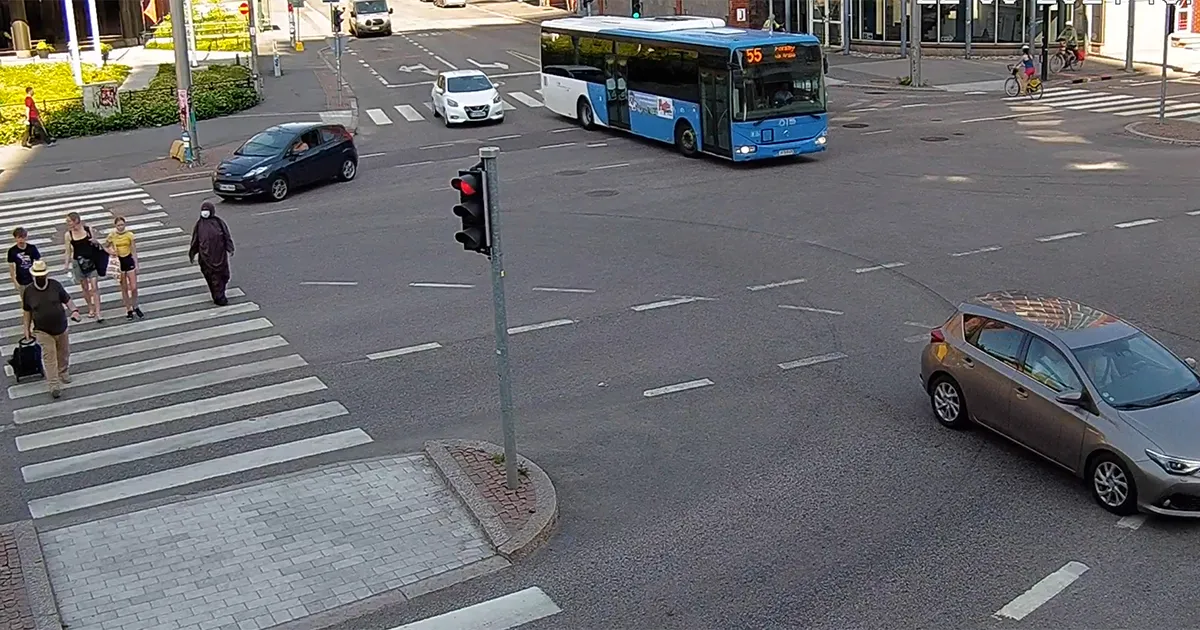Potential outcomes include the integration of an artificial intelligence (AI) system for traffic control, a platform for interactive data manipulation to monitor traffic behaviour and developing mechanisms for fleet operators and cities to work together.
The organisations say a data-driven traffic management system could improve air quality, reduce energy consumption and improve system capacity.
Under the agreement, researchers and software engineers from Turing and the universities of Cambridge and Manchester will work alongside mobility professionals from the Toyota Mobility Foundation.
Alan Wilson, Turing CEO and lead researcher, says the project will aim to provide city planners and operators with a system that includes real-time data feeds and lets them analyse how the city is working.
The system, he says, “integrates mathematical and computer modelling as well as machine learning models so that they can test out scenarios and gives them insight into when behaviour patterns are changing”.
Alan Turing Institute and Toyota to modernise traffic management
The UK’s Alan Turing Institute and the Toyota Mobility Foundation are partnering in an 18-month project which they say is intended to modernise traffic management. They will collaborate with data providers and government managers to look at the way cities could run in future.
Potential outcomes include the integration of an artificial intelligence (AI) system for traffic control, a platform for interactive data manipulation to monitor traffic behaviour and developing mechanisms for fleet operators and ci
June 11, 2018
Read time: 2 mins
The UK’s Alan Turing Institute and the 1686 Toyota Mobility Foundation are partnering in an 18-month project which they say is intended to modernise traffic management. They will collaborate with data providers and government managers to look at the way cities could run in future.









